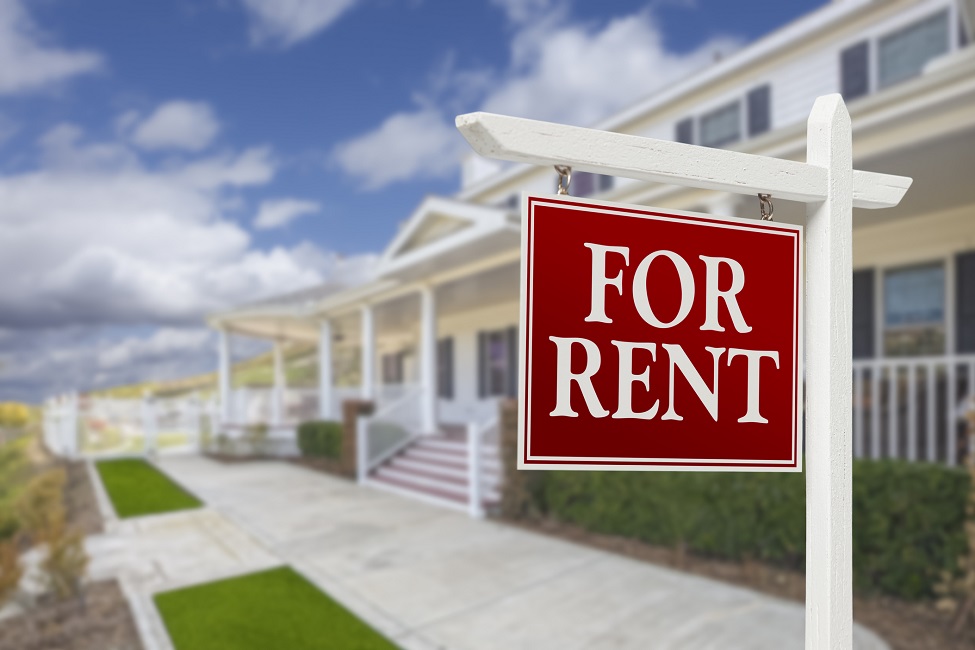Renters Get Sticker Shock in Three New England Markets

Renters get sticker shock in three New England markets and most overvalued metros clustered in Florida
Three housing markets in the U.S. Northeast are dealing with rent spikes even as the nation’s rental crisis showed more signs of moderation in January.
Renters in Springfield, Massachusetts paid an average of about $1,615, a year-over-year increase of 14.73 percent that led all 100 markets analyzed by the Waller, Weeks & Johnson Rental Index. New Haven, Connecticut, had the seventh-highest rent increase at 10.59 percent, while Worcester, Massachusetts was eighth at 10.27 percent. The U.S. average rent increase was 6.90 percent.
“This is the first time those three New England markets have cracked the top 10 since our index debuted in May 2022,” said Ken H. Johnson, Ph.D., an economist in Florida Atlantic University’s College of Business. “It appears that return-to-work mandates in this part of the country are driving these rental increases. Stronger demand is putting pressure on the supply of available units and giving landlords more freedom to raise rents.”
Johnson created the index with researchers from The University of Alabama and Florida Gulf Coast University. It relies on leasing data from Zillow’s Observed Rental Index to determine existing rents and statistically model historical trends from 2014. The index covers the entire rental stock of homes and apartments. The full rankings can be found here.
Annual increases in rent-challenged Florida have eased significantly in recent months, but the Sunshine State still was home to the top three most overvalued markets based on premiums paid by renters, the index shows.
Cape Coral-Fort Myers led the country with an average rent that is 16.97 percent above the long-term rental trend for that market. North Port-Bradenton (14.86 percent) and Miami (13.42 percent) rank second and third, respectively. Tampa ranked No. 9 with an 8.85 percent premium, while the national average premium was 5.74 percent.
“The ongoing recovery from Hurricane Ian in September almost certainly continues to affect Southwest Florida,” said Shelton Weeks, Ph.D., of Florida Gulf Coast University’s Lucas Institute for Real Estate Development & Finance. “Material shortages and labor costs continue to be hindrances to redevelopment, creating an inventory crisis. Faster repairs to existing properties and new building projects are very much needed.”
Sacramento, California and Minneapolis were the only two markets in which the average rents were below the long-term pricing trends. Sacramento’s $2,233 was .63 percent less that it should be, while Minneapolis’ $1,611 was .15 percent less.
San Jose, California posted the highest average monthly rental rate in the U.S. in January at $3,173, and the lowest was in Wichita, Kansas at $999.
Las Vegas was the only one of the 100 markets in which the average annual rent declined in January, dropping 1 percent to $1,789. Phoenix and Baton Rouge, Louisiana were the next most favorable markets, with the average rents rising only about 1 percent in each area.
“As a whole, the monthly results are suggestive of slowing rents around the country, and this is very good news,” said Bennie Waller, Ph.D., of The University of Alabama’s Culverhouse College of Business. “Slowing rent growth should quickly work its way into national measures of inflation. Housing is a major component of the inflation measure, implying that as rents continue to slow so will inflation.”
-FAU-